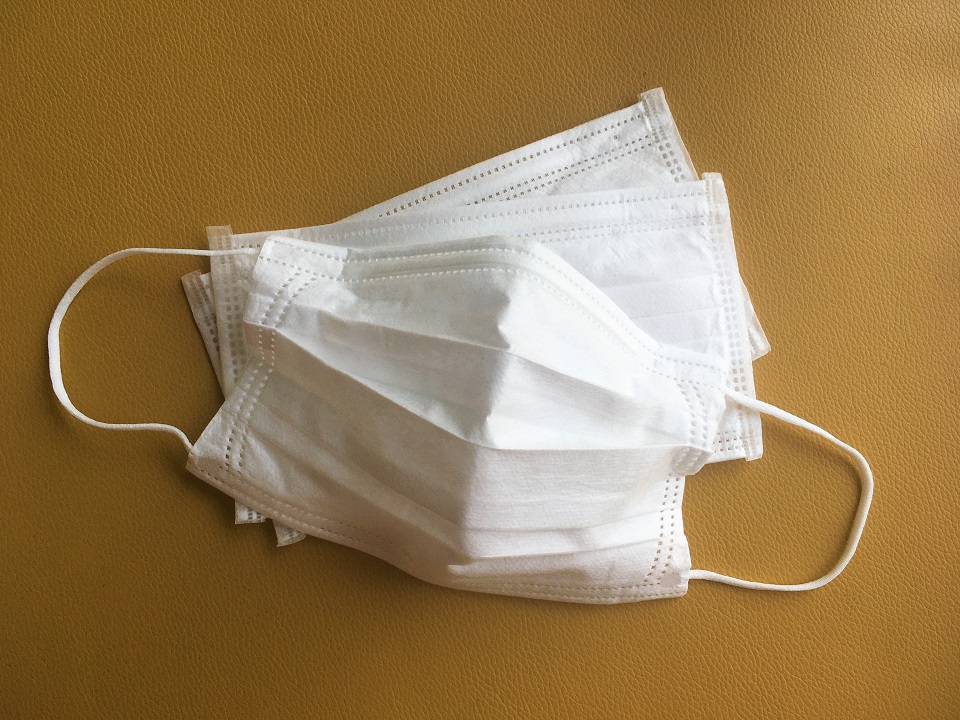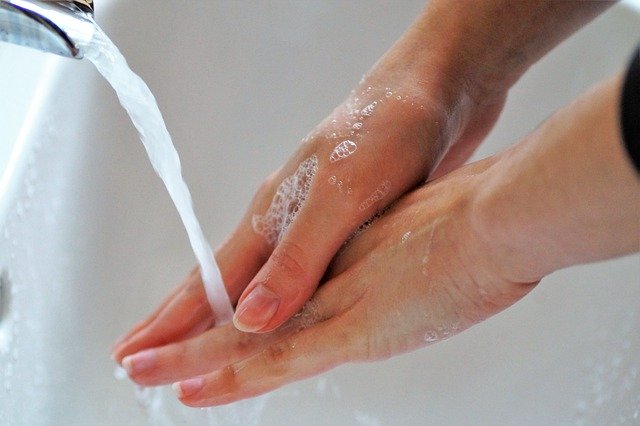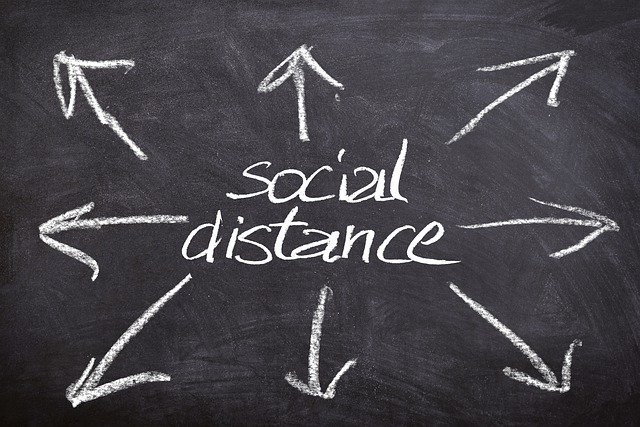What you can do to protect yourself from the coronavirus
2020-05-09
Town & Local Area Info
If you watch the news about the coronavirus epidemic, you will see daily reports of the number of infected people growing all around the country.
Many people are probably anxious every time they see and hear about the spread of the coronavirus infection.
To help prevent getting infected by the coronavirus, it is important to wear a mask and wash our hands at the very least. By taking daily steps to prevent infection, we can reduce the risk of developing the disease.
In this article, I would like to talk about infection prevention methods that can help to protect us from the new coronavirus.

Wear a mask and cover your mouth when you cough
The new coronavirus appears to be commonly spread via fluids. This means that the virus is spread through coughing, sneezing, or saliva of an infected person, and people who inhale the virus through their nose or mouth may in turn become infected.
Even a person who is infected but shows no symptoms may spread the virus via fluids and infect other people.
If you have been coughing or sneezing for a few days, you need to be careful even if you have not been diagnosed with coronavirus by a doctor.
Wear a mask to cover your mouth and nose and to thus prevent spraying fluids on other people. When you cough or sneeze, the droplets can project more than 2m, so it is recommended to wear a mask and cover your coughs, especially in crowded places.
If you do not have a mask, you can also use a handkerchief or paper tissue.
Surgical masks, which have become mainstream now, are still in short supply.
A handkerchief or a hand-made cloth mask can also stop the spreading of fluids and thus prevent infection.

Protect yourself from the virus with proper hand washing
As we all know, the new coronavirus can also be transmitted through direct contact.
When infected people cover their cough or sneeze with their hands and touch things around them, they can transmit the virus to other people who touch the same objects. Later, those people can get infected by touching the mucous membranes around their mouth, nose, eyes, etc. with virus-contaminated hands.
The virus is said to be found on things that many people touch, such as the hanging straps in trains or buses, doorknobs, and switches, but in many cases the infection route is unknown.
You may be touching contaminated areas and bringing back the virus on your hands, so wash your hands frequently after you go home, after covering your cough or sneeze, or after blowing your nose.
Also, don’t forget to wash your hands before and after cooking and before eating.
Wash off the virus by carefully washing your hands with soap. Your fingertips, the areas between your fingers, and your wrist are places that need extra care when washing.
If you are outside and cannot wash your hands, using an alcohol-based hand disinfectant is also effective.
We recommend to carry something that is easy to use, such as wet tissues or sanitizing gels.

Avoid the “3 Cs” and observe social distancing rules
As a measure to prevent the spread of the new coronavirus, observing the social distancing method known as the 3 Cs is recommended.
The 3 Cs refer to:
- Closed spaces with poor ventilation
- Crowded places with many people nearby and
- close-Contact settings such as close-range conversations.
When all the conditions above are met and many people are close together for a certain time, the risk of cluster (mass infection) may increase.
Try to avoid environments that come under the 3 Cs categories.
Avoid going out and stay home as much as possible
Another measure against the spread of the infection is the requirement to refrain from going out unless necessary and to refrain from leaving your prefecture. Shopping for groceries and other daily necessities, and activities such as going to the hospital or taking a walk are not subject to this movement limitation.
Please refrain from going out, traveling, or sightseeing to crowded places.
The elderly, people with chronic illnesses, and people in poor health may have a higher risk of infection, so it is recommended to avoid going out.

